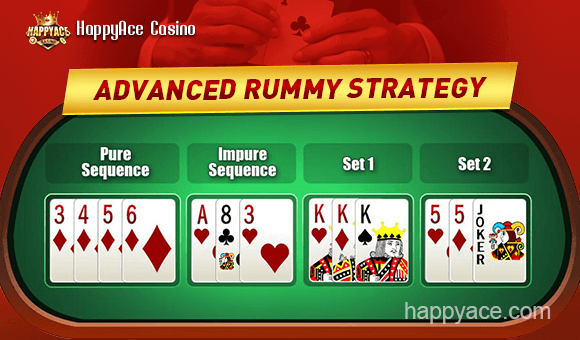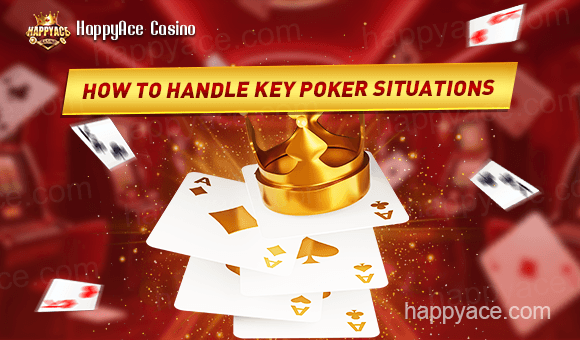
1. Instant Gratification: Online slots provide immediate feedback and results. Players can quickly see whether they've won or lost, which can be highly stimulating and rewarding, tapping into the brain's reward system.
2. Ease of Access: Online slots are easily accessible from anywhere with an internet connection. This convenience attracts players who may not be able to visit a physical casino.
3. Variety and Aesthetics: Online slots come in a vast array of themes, designs, and formats. The visual appeal and engaging animations can captivate players, making the experience immersive and entertaining.
4. Low Entry Barrier: Unlike some other forms of gambling that may require more skill or larger financial commitments, slots allow players to start with very little money and without needing specialized knowledge.
5. Near-Miss Effect: The psychological phenomenon of near misses, where players come close to winning, can encourage continued play. The feeling of being "almost there" increases motivation and can lead to more gambling in hopes of that elusive win.
6. Social Interaction: Many online slot games incorporate social features—such, such as leaderboards, chat options, and sharing wins—which can create a sense of community and competition among players, enhancing engagement.
7. Escape and Entertainment: For many, playing online slots serves as a form of escapism. Players may turn to gambling as a way to cope with stress, boredom, or to indulge in a fantasy experience that distracts them from their daily lives.
8. Gamification Elements: Many online slots include bonus rounds, free spins, and loyalty programs that enhance the gaming experience. These gamification elements can keep players engaged and encourage longer play sessions.
9. Variable Reinforcement Schedule: Similar to other forms of gambling, slots typically operate on a variable ratio reinforcement schedule—meaning players receive rewards (wins) at unpredictable intervals. This unpredictability can create excitement and compulsive behavior.
10. Influence of Marketing and Advertising: The online gambling industry often employs savvy marketing techniques that can allure players. Promotions, bonuses, and targeted ads create an enticing environment that encourages participation.
11. Cognitive Dissonance: Players may rationalize their losses or overestimate their chances of winning, leading to continued play. This cognitive dissonance allows players to maintain a positive self-view despite negative outcomes.
12. Chasing Losses: If players lose money, they may continue to gamble in an attempt to recover their losses. This can lead to a cycle of compulsive gambling behavior.
Understanding these psychological elements helps explain why online slots are so popular among players. It also highlights the importance of promoting responsible gambling practices to mitigate potential negative impacts associated with gambling behavior.











